-
- Get access
- Contains open access
- ISSN: 0272-2631 (Print), 1470-1545 (Online)
- Editor: Luke Plonsky Northern Arizona University, USA
- Editorial board
Albert Valdman Award 2023
We are pleased to announce that the winner of the Albert Valdman Award for outstanding publication in 2023 is:
"Text reading in English as a second language: Evidence from the Multilingual Eye-Movements Corpus" by Victor Kuperman, Noam Siegelman, Sascha Schroeder , Cengiz Acartürk , Svetlana Alexeeva , Simona Amenta, Raymond Bertram, Rolando Bonandrini, Marc Brysbaert, Daria Chernova, Sara Maria Da Fonseca, Nicolas Dirix, Wouter Duyck, Argyro Fella, Ram Frost, Carolina A. Gattei, Areti Kalaitzi, Kaidi Lõo, Marco Marelli, Kelly Nisbet , Timothy C. Papadopoulos, Athanassios Protopapas, Satu Savo, Diego E. Shalom, Natalia Slioussar, Roni Stein, Longjiao Sui, Analí Taboh, Veronica Tønnesen and Kerem Alp Usal
Please join us in congratulating these authors on their contribution to the journal and to the field.
A note from this year’s winners:
We would like to express our gratitude to the review board of SSLA for selecting our article (“Text reading in English as a second language: Evidence from the Multilingual Eye-Movements Corpus,” March 2023) for this year’s Albert Valdman award for outstanding publication. This recognition illustrates that multi-lab research projects like ours – inspired by tenets of Open Science and fueled by the partners’ good-will and generosity – are feasible, even in the absence of centralized funding or formal agreements. This article presents the new corpus of L1 and L2 text reading in English, including eye-tracking and reading comprehension data, as well as performance in the tests of component skills of English proficiency and detailed language background and use information. The reliable data from university students representing 12 countries and L1 backgrounds (N=543) makes possible the large-scale comparison of L1 and advanced L2 readers of English. Specifically, we found that an achievement of an L1-like level of reading comprehension is more common than reaching an L1 level of reading fluency. We also observed that L2 comprehension relies on a different set of skills and abilities than L2 fluency: the former has a particularly strong demand for language skills in L2, and the latter is dominated by L1 fluency. The MECO data source is available for mining and in-depth research in second language reading, and we plan to continue this exciting collaboration with new samples and partners joining the project.



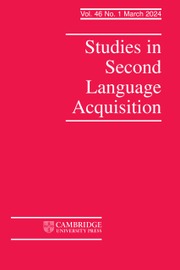
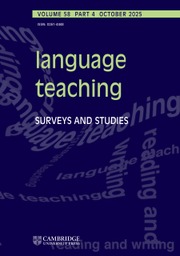
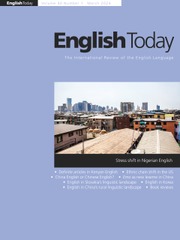
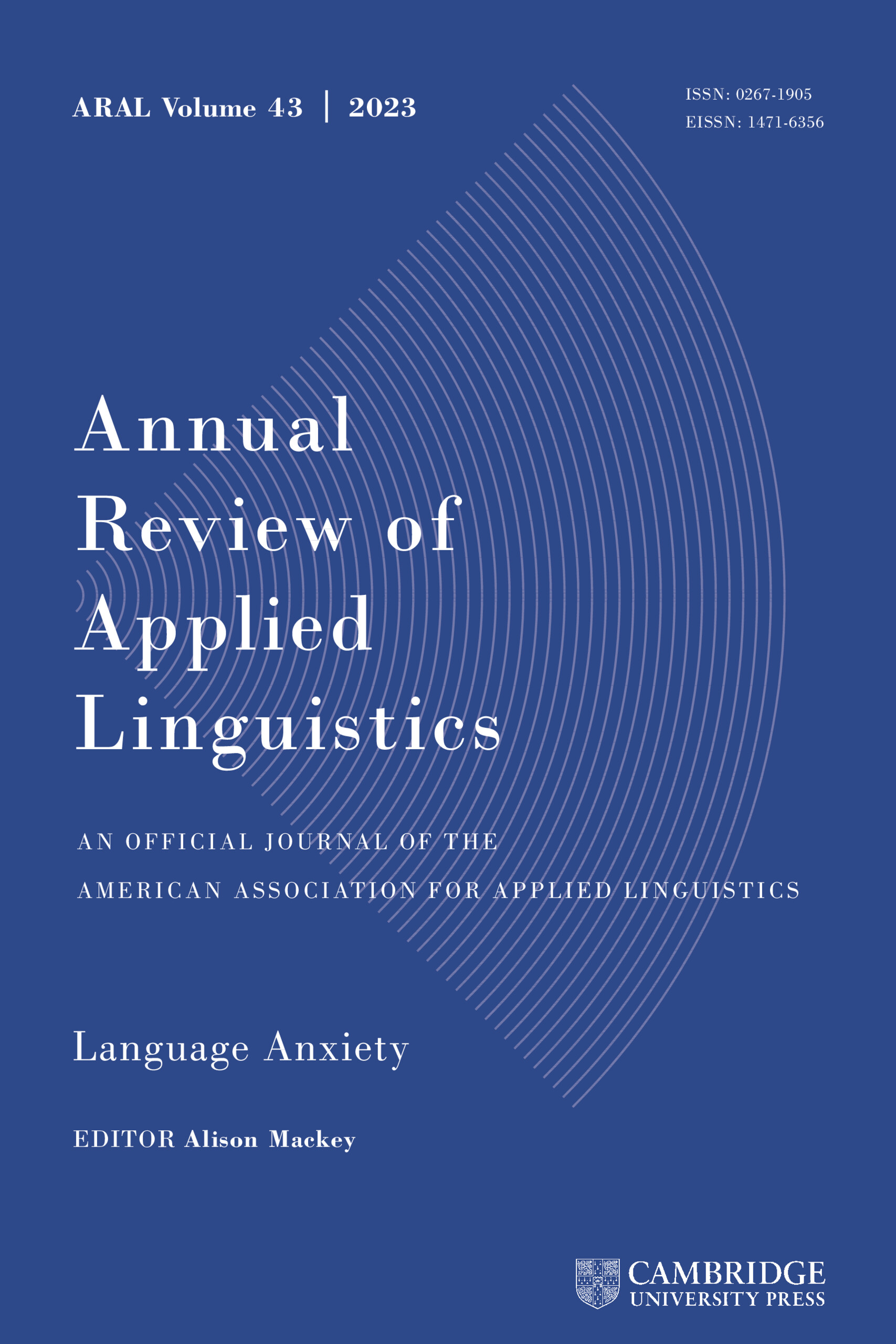

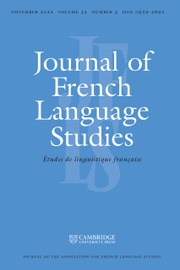
Facebook